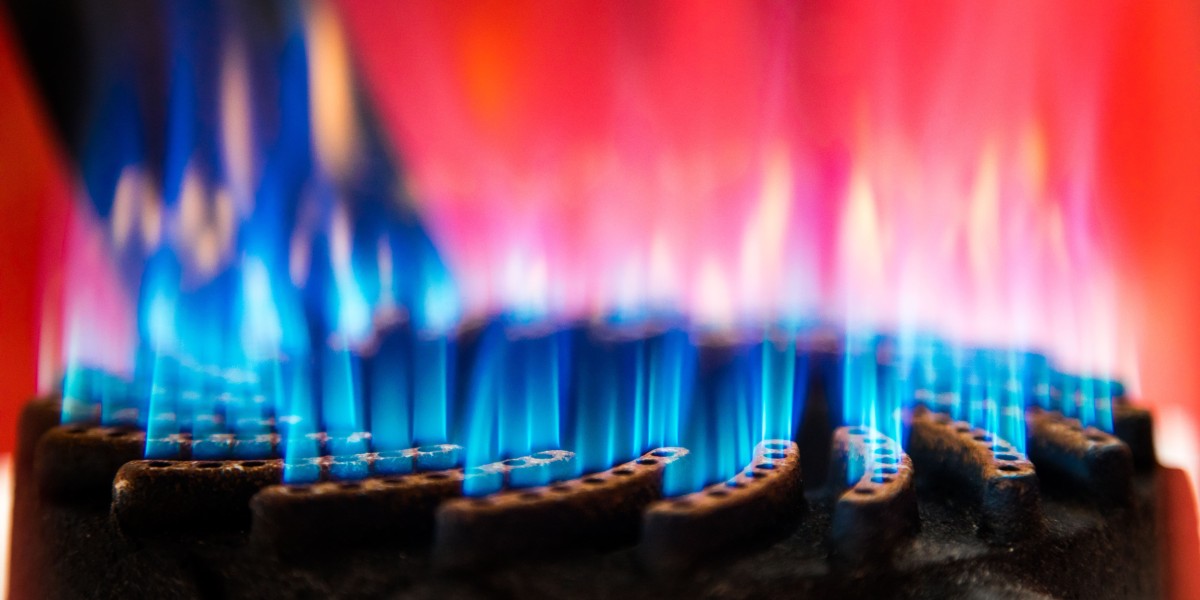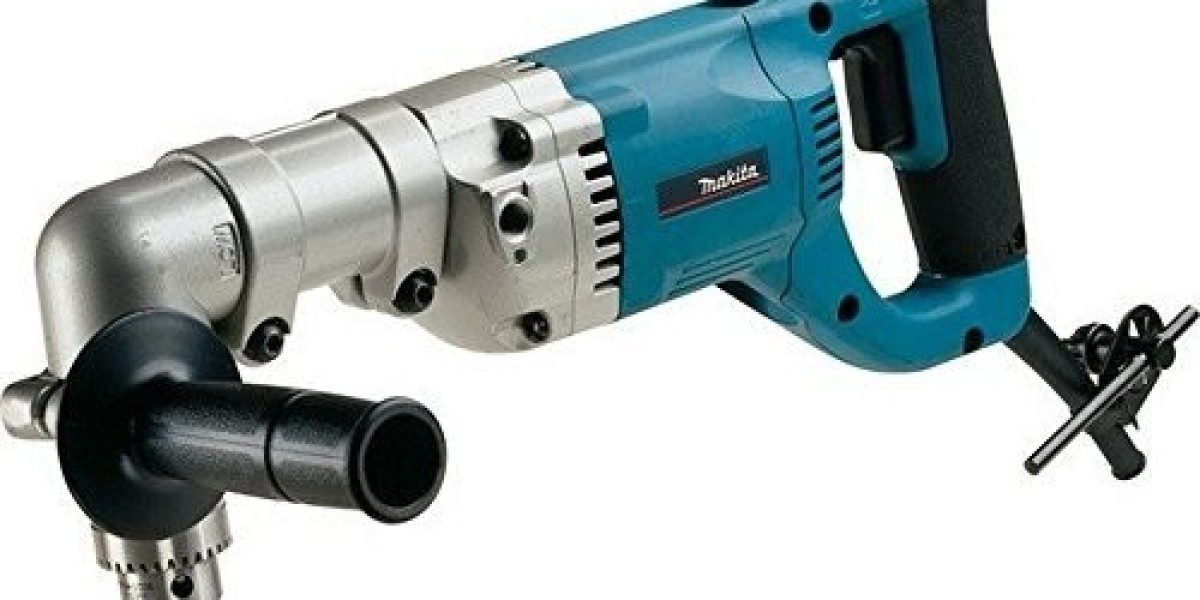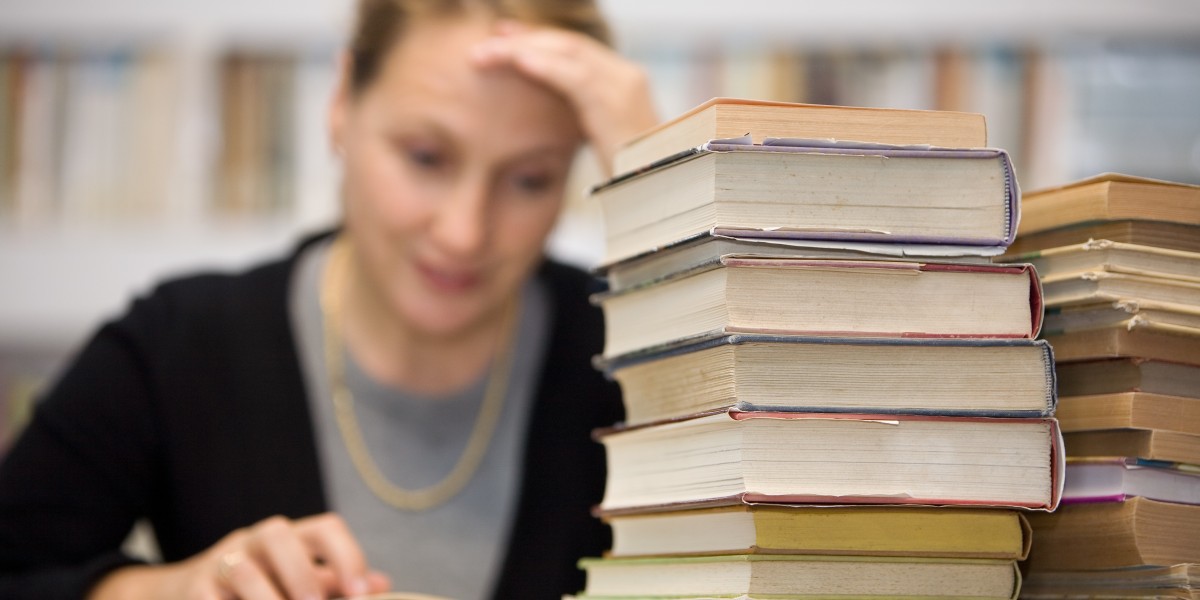
A Gas Safety Certificate, often referred to as a CP12, is a crucial document that signifies the safety and compliance of gas appliances and fittings within a property. This certification is a legal requirement for landlords and is essential for homeowners who wish to ensure the safety of their families and tenants. Understanding the importance of a Gas Safety Certificate check is vital for anyone who relies on gas appliances for heating, cooking, or hot water.
What is a Gas Safety Certificate?
A Gas Safety Certificate is issued by a qualified Gas Safe registered engineer after a thorough inspection of gas appliances, fittings, www.mkgassafety.co.Uk and flues. The certification confirms that these elements conform to the safety standards set by the Health and Safety Executive (HSE) in the UK. The check involves an assessment of various components:
- Gas Appliances: These include boilers, ovens, and fires. The engineer will inspect for any signs of wear, malfunction, or improper installation.
- Flues: The pathways that allow the exhaust gases from gas appliances to vent outside must be unobstructed and functioning correctly to prevent dangerous gases from being released into living areas.
- Pipework: All gas pipes must be checked for leaks, corrosion, or damage to ensure safe operation.
- Ventilation: Adequate ventilation is necessary for gas appliances to function correctly and safely. The engineer will assess whether there is enough airflow for appliances to work efficiently.
Legal Obligations for Landlords
Under the Gas Safety (Installation and Use) Regulations 1998, landlords must ensure that gas appliances and installations are safe and well-maintained. This includes conducting annual gas safety checks, keeping records of these checks, and providing tenants with a copy of the Gas Safety Certificate within 28 days of the inspection. Failure to comply with these regulations can lead to severe penalties, including hefty fines and imprisonment.
Importance for Homeowners
While homeowners may not be legally required to obtain a Gas Safety Certificate, doing so is highly recommended. Gas leaks can result in catastrophic outcomes, including explosions, carbon monoxide poisoning, and even death. Regular checks provide peace of mind, ensuring that gas appliances are functioning safely and efficiently. Homeowners can also benefit financially; well-maintained appliances consume less energy, leading to lower utility bills.
What to Expect During a Gas Safety Check
When a qualified engineer conducts a Gas Safety Certificate check, you can expect the following process:
- Appointment Scheduling: Arrange a convenient time with a Gas Safe registered engineer for the inspection.
- Assessment: The engineer will carry out a comprehensive examination of all gas appliances, including boilers, stoves, and heaters.
- Verification of Installation: Confirm that all installations comply with local regulations and standards.
- Testing: The engineer will perform operational checks to ensure each appliance is working correctly and efficiently.
If any issues are identified, the engineer will provide advice on repairs or replacements, ensuring that you are fully informed of the next steps.
Maintaining Safety Between Checks
In addition to annual checks, property owners should actively maintain their gas appliances. Here are some tips to consider between inspections:
- Regularly observe appliances: Look for unusual signs such as yellow or orange flames (which should be blue), black soot around appliances, or the smell of gas.
- Install CO Detectors: Carbon monoxide detectors are essential safety devices that can alert you to dangerous gas leaks.
- Educate Household Members: Make sure everyone in the household knows the signs of gas leaks and knows how to react in case of an emergency—this includes knowing how to turn off the gas supply.
A Gas Safety Certificate check is not just a legal requirement for landlords; it is a crucial aspect of ensuring the safety and comfort of anyone who uses gas appliances. Whether you are a landlord or a homeowner, staying proactive about gas safety can protect you and your loved ones. Regular checks, timely maintenance, and awareness of appliance performance contribute to a safe living environment and peace of mind. Ensure that you engage a registered professional, adhere to safety regulations, and prioritize the well-being of everyone in your home.









